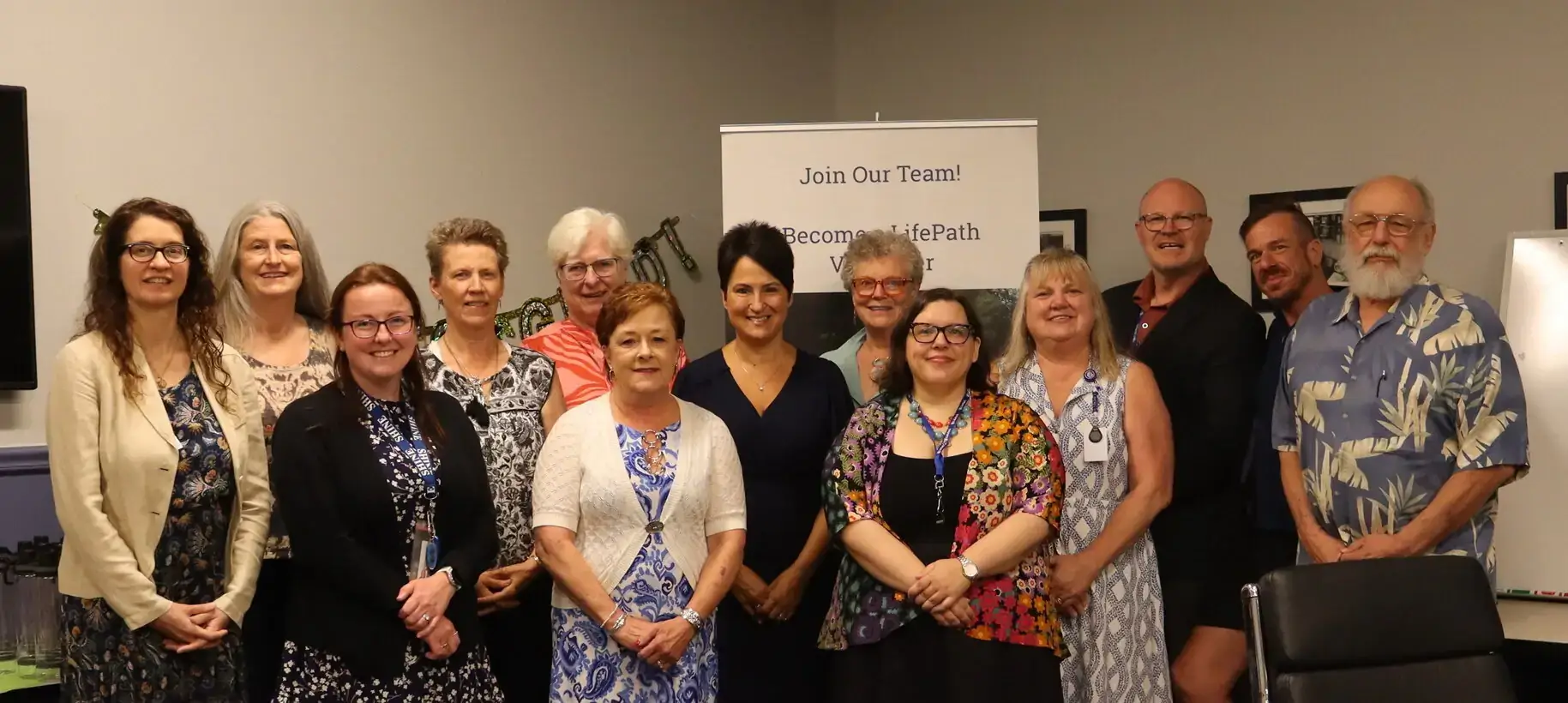This will be reaching you near the holiday season. While a time of joy, connection, and celebration for many, the holidays are not universally happy, and not even universally celebrated. This is a season full of expectations, some realistic, some less so. Expectations to feel a certain way, or to engage with certain people. Expectations of gift giving, and, often, expectations of gratitude. Gratitude on its own can be beautiful and healing and nurturing, as long as it is not forced or expected, and doesn’t come with judgment and shame. And, gratitude can potentially help you through a difficult time.
This is on my mind because this is a traditional time to express gratitude, as I write this just a few days before Thanksgiving. And while you are reading this after Thanksgiving, the topic of gratitude deserves some attention.
“Miranda was so very helpful, supportive, knowledgeable, responsive, and compassionate . . . My mom passed on Christmas Eve in her home, on her terms, surrounded by family. The loss is great but I feel so comforted by the fact I was able to help my mom live the last chapter of her life the way she wanted. I could not have done that without Miranda’s assistance. Thank you from the bottom of my heart.” —Note from the daughter of a LifePath client, sent after last Christmas, in gratitude for LifePath Lead Case Manager Miranda Clark’s support.
There are a number of studies on the practice of gratitude. While the studies do not definitively prove cause and effect, many support the idea that practicing gratitude provides individuals a number of positive benefits, including feeling more optimistic emotions and less stress, improving health, enhancing resilience, creating greater ability to deal with adversity, and building strong relationships.
This is worth exploring more, especially at this time of year when many people struggle with depression, anxiety, and negative feelings, all of which can be exacerbated by holiday stress, less daylight, and weather that makes it harder to get outside. UCLA Health suggests that practicing gratitude for 15 minutes a day, five days a week, for at least six weeks, can enhance mental wellness. These mental health benefits can also have positive impacts for your physical health. One of the most interesting benefits was an improvement in sleep, which was linked to better heart health and lower diastolic blood pressure.
Some tips from UCLA Health that can help you incorporate this practice into your daily routine include writing down positive thoughts in a notebook or journal, or writing a note to someone to tell them you are thankful. Another suggestion is to actively think about what you are thankful for the next time you say “thanks.” Also, redirecting your thoughts when you are experiencing negative feelings or frustrations, and instead focusing on something positive about the situation, can uplift your outlook.
A different study at the University of Pennsylvania found that when individuals wrote and personally delivered a letter of gratitude to someone who hadn’t been properly thanked for a kindness, participants experienced a significant increase in happiness scores, with the benefit lasting for a month.
Other suggestions from Harvard Health include writing thank you notes or emails to nurture relationships and to make yourself happier, and to meditate and focus on what you’re grateful for. They also suggest writing down things you are grateful for, focusing on how you felt when something good happened to you. This suggestion of writing is a consistent theme across a number of studies and articles.
These simple actions can be done for little to no cost, on your own schedule, at home and privately, as can other positive thinking practices such as meditation and various mindfulness exercises. They can be an easy way to recognize and counteract negative thinking, reframe focus, and provide an antidote for negativity and sadness.
I wanted to share some of the things that I am grateful for. Above all else, I am grateful that I had wonderfully supportive grandparents to care for me, guide me, appreciate me, and love me, all when I needed it most. I am grateful for my chosen family and friends, who are always on my mind and in my heart. I am grateful for three wonderful nieces who are all growing up to be very different, yet all establishing themselves as truly good human beings along the way. I am grateful to be a great-uncle this coming spring. I am grateful that I get to work in a job that I love, alongside people who I genuinely care about and enjoy being around. And, I am grateful for my husband and my dog, my constant companions, who share their love with me in their own unique and special ways. None of these are material items. All are rooted in connection and relationships. I know the great privilege I carry, and I am thankful everyday for all of these wonderful things and more.
It has been a stressful time for me lately, and practicing gratitude has helped me immensely. I have also resolved to actively look for joy, take my wins where I find them, and practice self-compassion. I strive to remind myself of the good all around me and to give myself the space and grace to do what feels right for me.
I started by listing a variety of expectations that this time of year brings, including the expectation of gratitude. Don’t feel like you have to give gratitude if it’s an unrealistic expectation. But, consider thinking more deeply about it and the positivity it can bring if embraced on your own terms.





